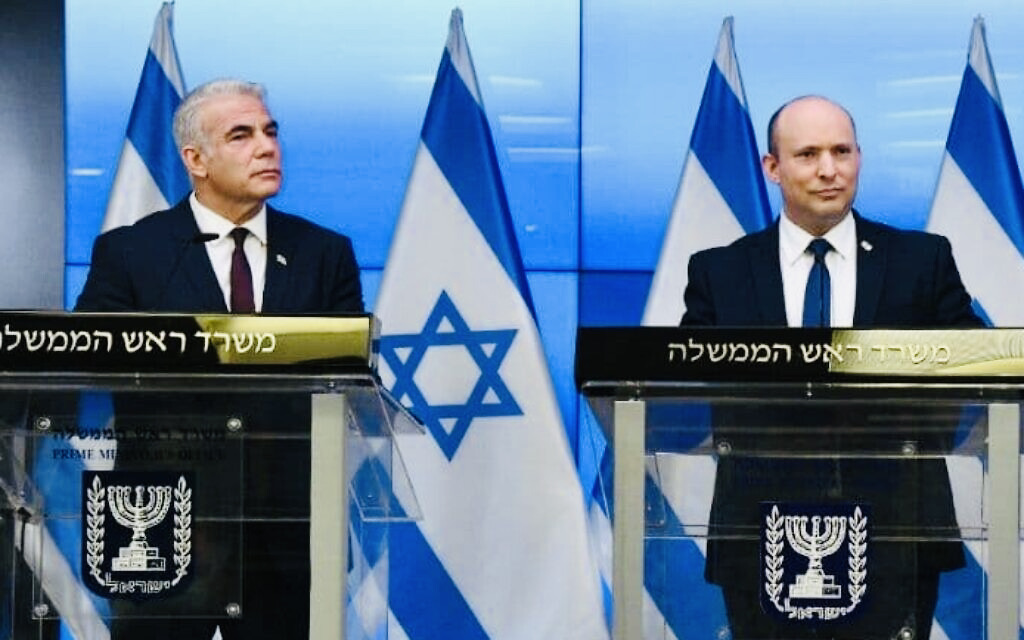Israeli Prime Minister Naftali Bennett wants the best of both worlds. He seeks to enlarge Israel’s footprint in the West Bank by expanding Jewish settlements while, paradoxically enough, reducing friction with the Palestinians.
Bennett’s policy is contradictory, aimed at consolidating Israel’s occupation of the contested West Bank, encouraging the Palestinians to accept autonomy rather than statehood, and muffling international criticism.
Call it, if you will, old wine in new bottles.
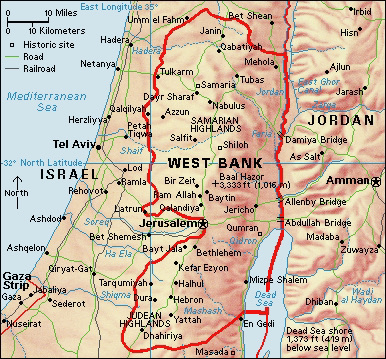
Bennett’s formula for managing the conflict with the Palestinians is far from new or original. It broadly conforms to Israel’s traditional approach since the 1967 Six Day War, when Israel captured the West Bank from Jordan. The previous prime minister, Benjamin Netanyahu, adhered to this approach scrupulously, though he pretended to support a two-state solution. So did his predecessors.
Whether they have been centrists or right-wingers, Israeli prime ministers have been uniformly dedicated to the proposition that a significant proportion of the West Bank — the ancestral homeland of the Jewish people — should remain in Israel’s hands or under its tacit control.
If Israel adheres to this policy, which is very likely, a fair two-state solution will be impossible to attain, thereby perpetuating Israel’s protracted dispute with the Palestinians.
Bennett, a modern Orthodox Jew and the leader of the far right-wing Yamina Party, is a fierce opponent of a sovereign Palestinian state in the West Bank and the Gaza Strip, which has been ruled by Hamas since 2006.

In keeping with the mantra that Israel must retain possession of the West Bank for security, ideological and religious reasons, Bennett has let it be known that Israeli settlements throughout the West Bank will continue to be expanded on the basis of “natural growth.”
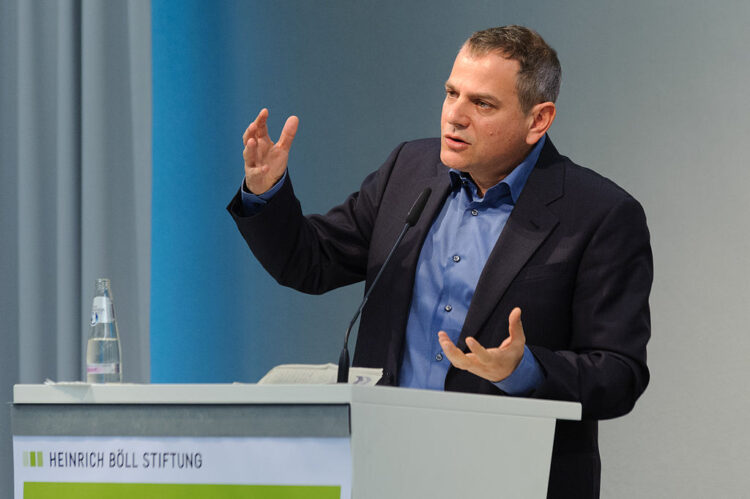
Bennett’s hardline policy is opposed by left-of-center and left-wing members of his cabinet, namely Transportation Minister Merav Michaeli of the Labor Party and Health Minister Nitzan Horowitz of the Meretz Party. Their critiques have had no discernible effect on Bennett.
Nor has Bennett been moved by U.S. protests. “We have been clear publicly and in private where we stand on settlement activity,” State Department spokesman Ned Price said recently. “We oppose any unilateral steps that puts a two-state solution further out of reach.”
Price issued this statement late last month, shortly after Construction and Housing Minister Ze’ev Elkin announced that 1,355 homes would be built in seven settlements ranging from Ariel and Beit El to Elon Moreh and Elkana. “Strengthening and widening the settlements in Judea and Samaria is a necessary and very important part of the Zionist enterprise,” he said.
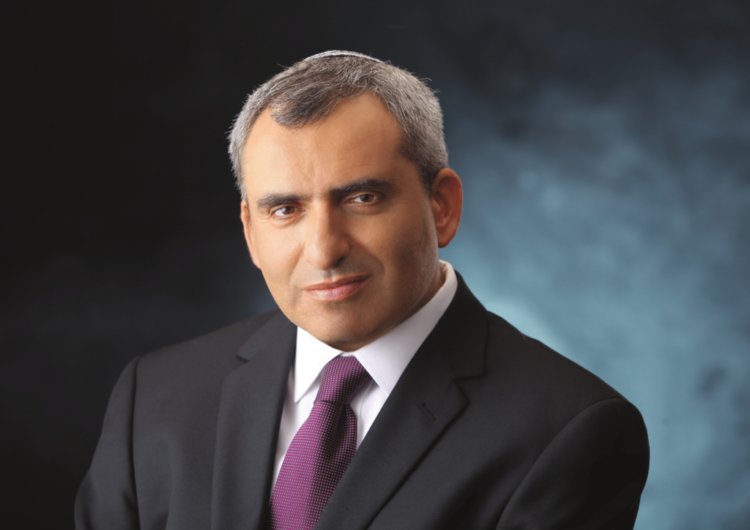
Elkin also announced that his ministry plans to invest $70 million to build 1,500 new homes in 21 settlements in the Jordan Valley so as to double its Jewish population by 2026.
These announcements were the first of their kind by Israel since the inauguration of U.S. President Joe Biden last January.
But as observers have pointed out, they were merely the tip of an iceberg. Of late, Israel has been taking incremental steps to tighten its grip on the West Bank and East Jerusalem, which was annexed in 1967.
Earlier this year, a government planning committee voted to allocate public land to Givat Hamatos, a Jewish neighborhood in eastern Jerusalem. Givat Hamatos is strategically important because it severs parts of East Jerusalem, inhabited mainly by Palestinians, from the southern West Bank. The committee also advanced plans to construct 470 homes in the eastern Jerusalem neighborhood of Pisgav Ze’ev.
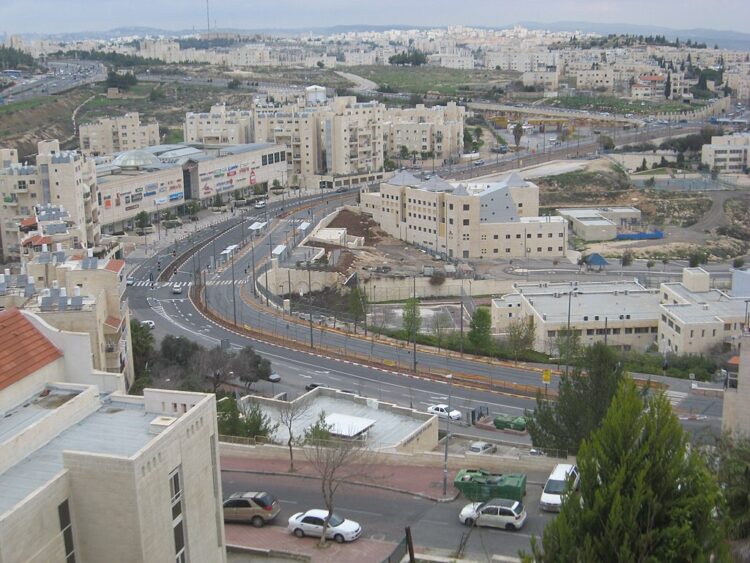
Israel is currently holding hearings to determine whether construction should begin on a site outside Jerusalem known as E-1, a corridor connecting Ramallah and the northern West Bank to Bethlehem and the southern West Bank. If the project is greenlighted, E-1 would shatter the territorial contiguity of an independent Palestinian state.
Next month, if not sooner, Israel will convene hearings on a project calling for the construction of 9,000 homes in Atarot, the site of East Jerusalem’s former airport.
On November 1, in a U-turn, Israel announced that 1,300 housing units for Palestinians will be constructed in Area C of the West Bank, which comprises 60 percent of its land mass and contains nearly all of Israel’s settlements. Israel generally rejects Palestinian construction projects in Area C. Even when they are approved, very few building permits are actually issued.
This announcement was widely regarded as a component of Bennett’s overall plan to “shrink” Israel’s conflict with the Palestinians. Israel’s alternate prime minister and foreign minister, Yair Lapid, has described it somewhat differently. In a recent meeting with U.S. Secretary of State Antony Blinken in Washington, he said that Israel hopes to “minimize” conflict with its Palestinian neighbors.
The logic behind the Israeli government’s plan hinges on its self-serving assumption that neither side is ready to resume peace talks, much less sign a final status peace agreement. That being the case, it is in the interest of both sides to lower tensions and prepare the ground for peace negotiations in the future, says Bennett.
“Shrinking the conflict” is a concept that was coined by his advisor, Micah Goodman, two years ago. It would not resolve Israel’s long-running confrontation with the Palestinians. Nor would it address core issues such as Israel’s final boundaries, the status of Jerusalem, water rights or the Palestinian refugee problem, acknowledges Goodman, an Israeli academic.
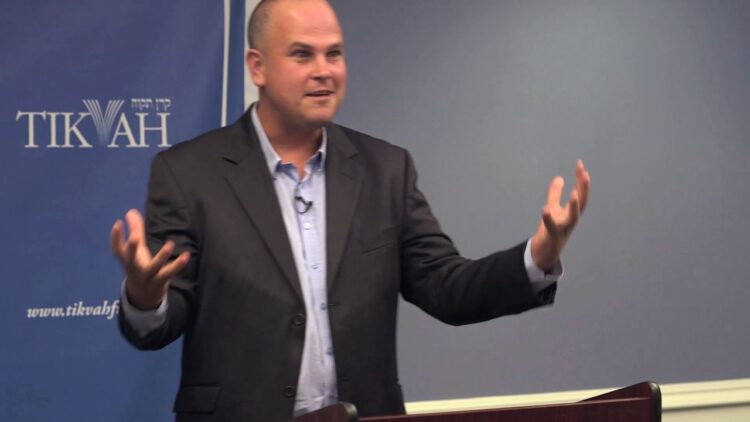
Rather, the plan would “lessen” and “contain” the conflict by expanding Palestinian autonomy, broadening Palestinian freedom of movement, and promoting the “economic independence and prosperity” of the Palestinians.
In short, “shrinking the conflict” is about “increasing Palestinian self-governance,” Goodman said. “It’s about increasing Palestinian freedom — freedom to build, freedom of movement.”
Bennett and Defence Minister Benny Gantz have generally embraced Goodman’s strategy of enhancing trust between Israel and the Palestinians and strengthening the Palestinian Authority, which is based in the West Bank and is seen by Israel as a bulwark against Hamas and Islamic Jihad.
This past August, Gantz met the president of the Palestinian Authority, Mahmoud Abbas, at his headquarters in Ramallah. It was the first public meeting between senior Israeli and Palestinian leaders in more than a decade.
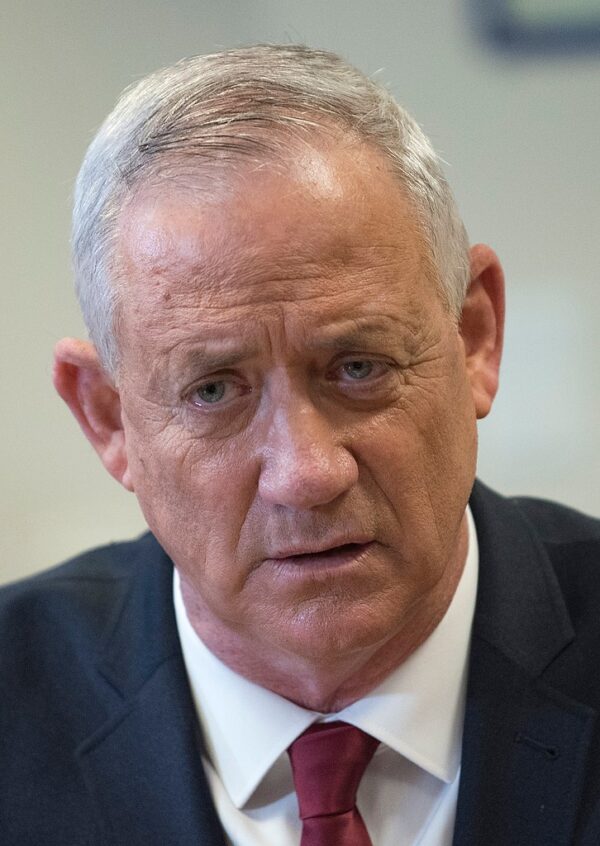
Since then, Israel has granted the Palestinians a series of concessions that the previous Israeli government would not even consider.
Israel has lent the Palestinian Authority $156 million to address pressing financial issues. Israel has allowed an additional 15,000 Palestinian workers into the country, and promised to upgrade the internet in the West Bank. Israel has pledged to reduce the number of anti-terrorist army raids it conducts in Areas A and B of the West Bank, which are totally or partially governed by the Palestinian Authority. Israel has legalized the status of 4,000 Palestinians in the West Bank. In the past, Israeli governments usually denied such requests.
These concessions are bound to improve the Palestinians’ quality of life, but at the end of the day, they are little more than a sop –a public relations strategy designed to entrench Israel’s occupation of the West Bank and portray it as benign, and to fend off the prospect of Palestinian statehood.
As the Israeli commentator Yossi Alpher writes, “The Israeli-Palestinian conflict is not economic. It is ideological, religious, territorial and historical, but not economic. At best, economic peace addresses one area in which the conflict finds expression: deep economic gaps between Jews and Arabs. But these ideas completely and deliberately ignore the political aspirations of the Palestinians.”
Palestinian Authority Prime Minister Mohammad Shtayyeh would agree with Alpher’s analysis. On November 10, he issued a warning that Israel’s refusal to accept a two-state solution will perpetuate a system of “apartheid” and eventually transform Israel into a binational state in which it loses its Jewish character.
Shtayyeh accused Bennett of “three no’s”: No to meeting with Mahmoud Abbas, no to peace negotiations, and no to a Palestinian state.
Lest it be forgotten, “shrinking the conflict” incorporates these policies.
